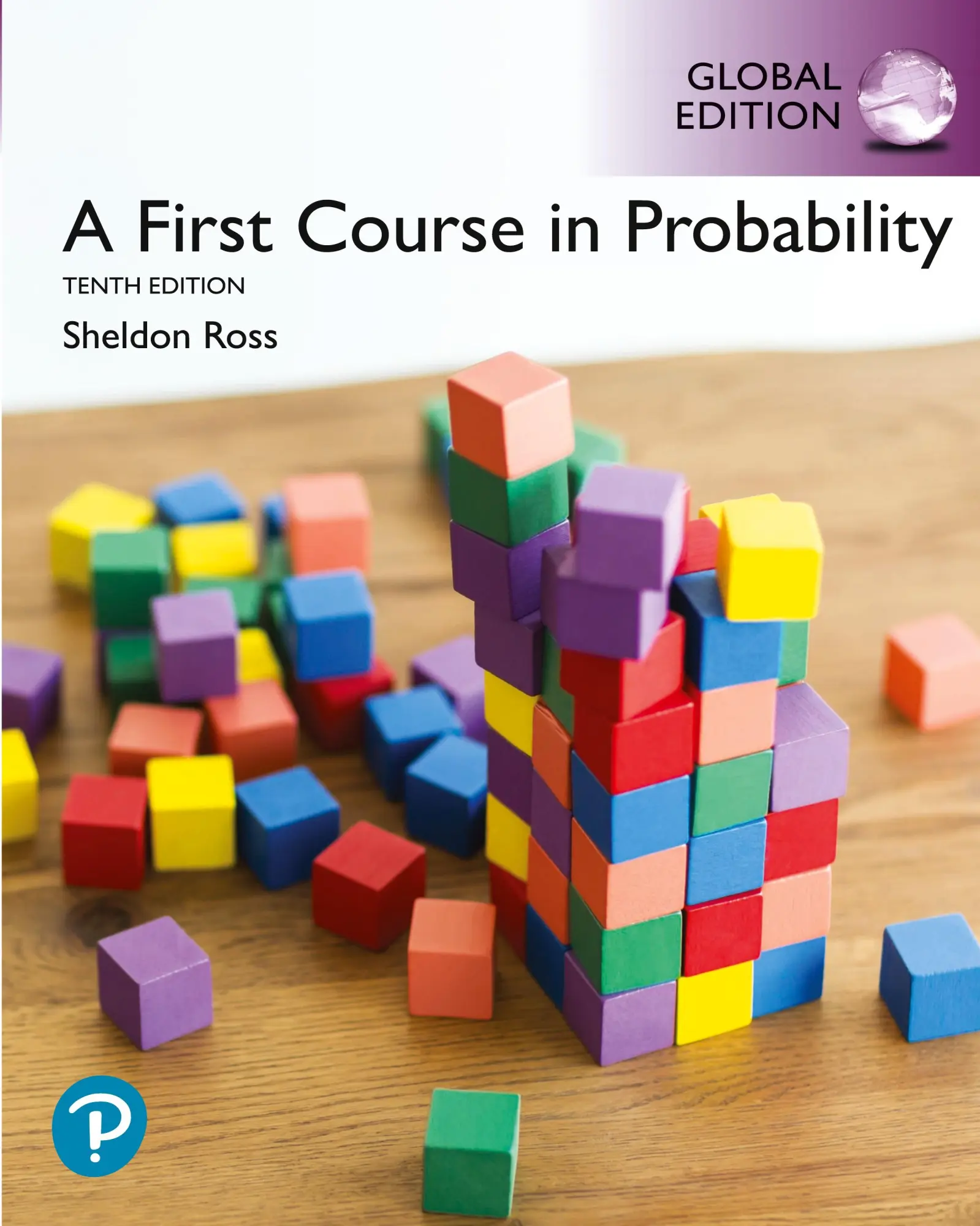Dekorationsartikel gehören nicht zum Leistungsumfang.
Sprache:
Englisch
72,35 €
Versandkostenfrei per Post / DHL
Lieferzeit 1-2 Wochen
Kategorien:
Beschreibung
A comprehensive and cutting-edge introduction to quantitative methods of causal analysis, including new trends in machine learning.
Reasoning about cause and effect—the consequence of doing one thing versus another—is an integral part of our lives as human beings. In an increasingly digital and data-driven economy, the importance of sophisticated causal analysis only deepens. Presenting the most important quantitative methods for evaluating causal effects, this textbook provides graduate students and researchers with a clear and comprehensive introduction to the causal analysis of empirical data. Martin Huber’s accessible approach highlights the intuition and motivation behind various methods while also providing formal discussions of key concepts using statistical notation. Causal Analysis covers several methodological developments not covered in other texts, including new trends in machine learning, the evaluation of interaction or interference effects, and recent research designs such as bunching or kink designs.
Reasoning about cause and effect—the consequence of doing one thing versus another—is an integral part of our lives as human beings. In an increasingly digital and data-driven economy, the importance of sophisticated causal analysis only deepens. Presenting the most important quantitative methods for evaluating causal effects, this textbook provides graduate students and researchers with a clear and comprehensive introduction to the causal analysis of empirical data. Martin Huber’s accessible approach highlights the intuition and motivation behind various methods while also providing formal discussions of key concepts using statistical notation. Causal Analysis covers several methodological developments not covered in other texts, including new trends in machine learning, the evaluation of interaction or interference effects, and recent research designs such as bunching or kink designs.
- Most complete and cutting-edge introduction to causal analysis, including causal machine learning
- Clean presentation of rigorous material avoids extraneous detail and emphasizes conceptual analogies over statistical notation
- Supplies a range of applications and practical examples using R
A comprehensive and cutting-edge introduction to quantitative methods of causal analysis, including new trends in machine learning.
Reasoning about cause and effect—the consequence of doing one thing versus another—is an integral part of our lives as human beings. In an increasingly digital and data-driven economy, the importance of sophisticated causal analysis only deepens. Presenting the most important quantitative methods for evaluating causal effects, this textbook provides graduate students and researchers with a clear and comprehensive introduction to the causal analysis of empirical data. Martin Huber’s accessible approach highlights the intuition and motivation behind various methods while also providing formal discussions of key concepts using statistical notation. Causal Analysis covers several methodological developments not covered in other texts, including new trends in machine learning, the evaluation of interaction or interference effects, and recent research designs such as bunching or kink designs.
Reasoning about cause and effect—the consequence of doing one thing versus another—is an integral part of our lives as human beings. In an increasingly digital and data-driven economy, the importance of sophisticated causal analysis only deepens. Presenting the most important quantitative methods for evaluating causal effects, this textbook provides graduate students and researchers with a clear and comprehensive introduction to the causal analysis of empirical data. Martin Huber’s accessible approach highlights the intuition and motivation behind various methods while also providing formal discussions of key concepts using statistical notation. Causal Analysis covers several methodological developments not covered in other texts, including new trends in machine learning, the evaluation of interaction or interference effects, and recent research designs such as bunching or kink designs.
- Most complete and cutting-edge introduction to causal analysis, including causal machine learning
- Clean presentation of rigorous material avoids extraneous detail and emphasizes conceptual analogies over statistical notation
- Supplies a range of applications and practical examples using R
Details
| Erscheinungsjahr: | 2023 |
|---|---|
| Fachbereich: | Volkswirtschaft |
| Genre: | Importe, Wirtschaft |
| Rubrik: | Recht & Wirtschaft |
| Medium: | Taschenbuch |
| Inhalt: | Einband - flex.(Paperback) |
| ISBN-13: | 9780262545914 |
| ISBN-10: | 0262545918 |
| Sprache: | Englisch |
| Einband: | Kartoniert / Broschiert |
| Autor: | Huber, Martin |
| Hersteller: | MIT Press Ltd |
| Verantwortliche Person für die EU: | Libri GmbH, Europaallee 1, D-36244 Bad Hersfeld, gpsr@libri.de |
| Maße: | 224 x 175 x 19 mm |
| Von/Mit: | Martin Huber |
| Erscheinungsdatum: | 01.08.2023 |
| Gewicht: | 0,62 kg |









